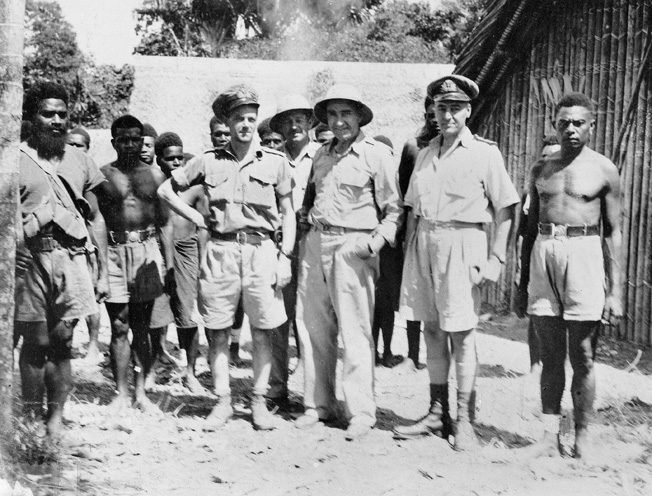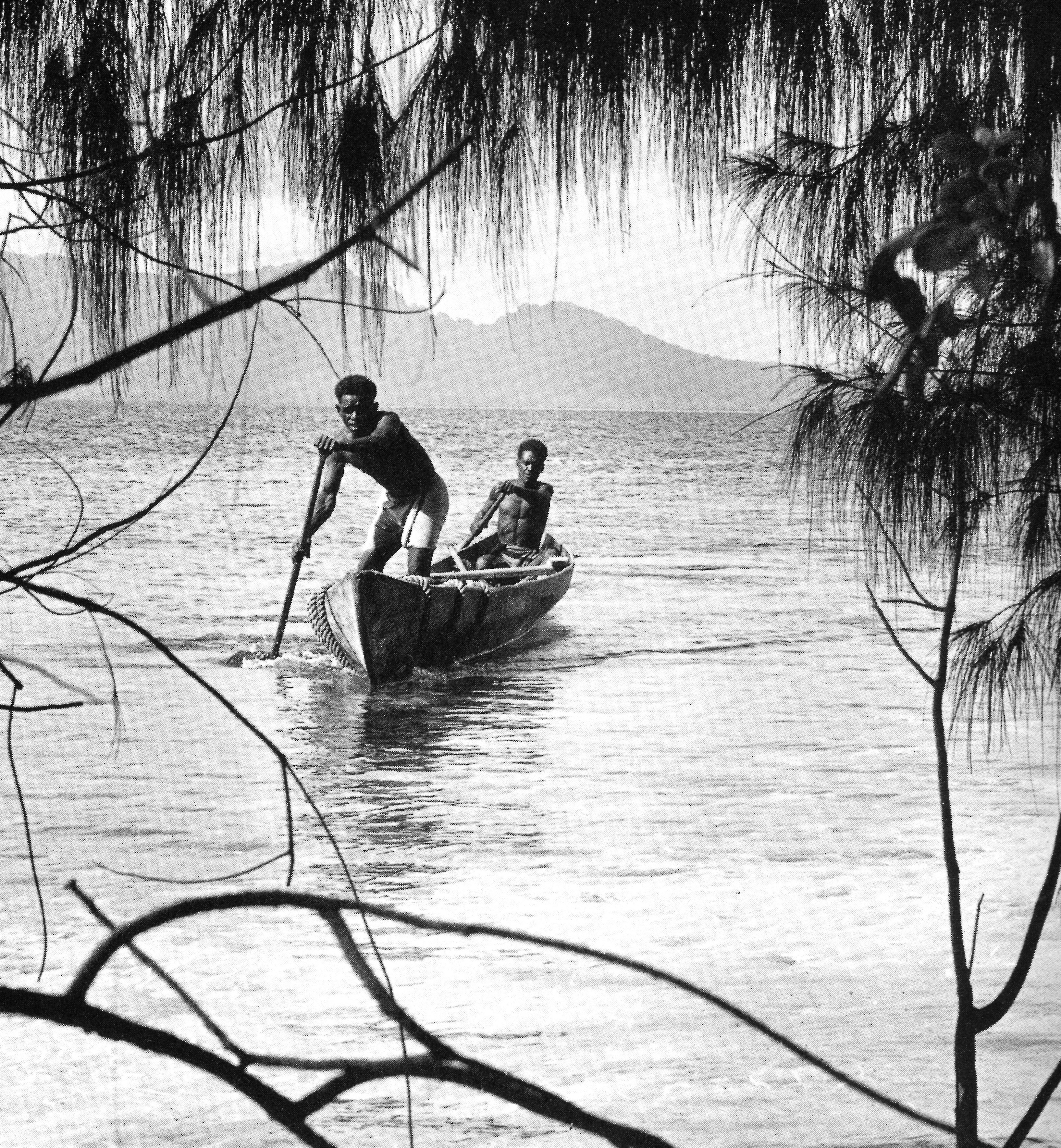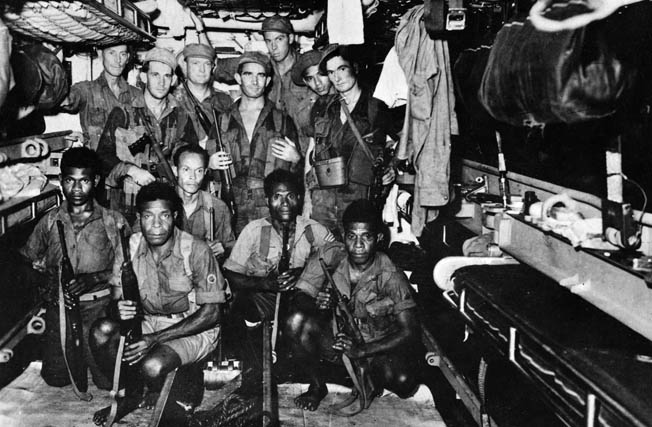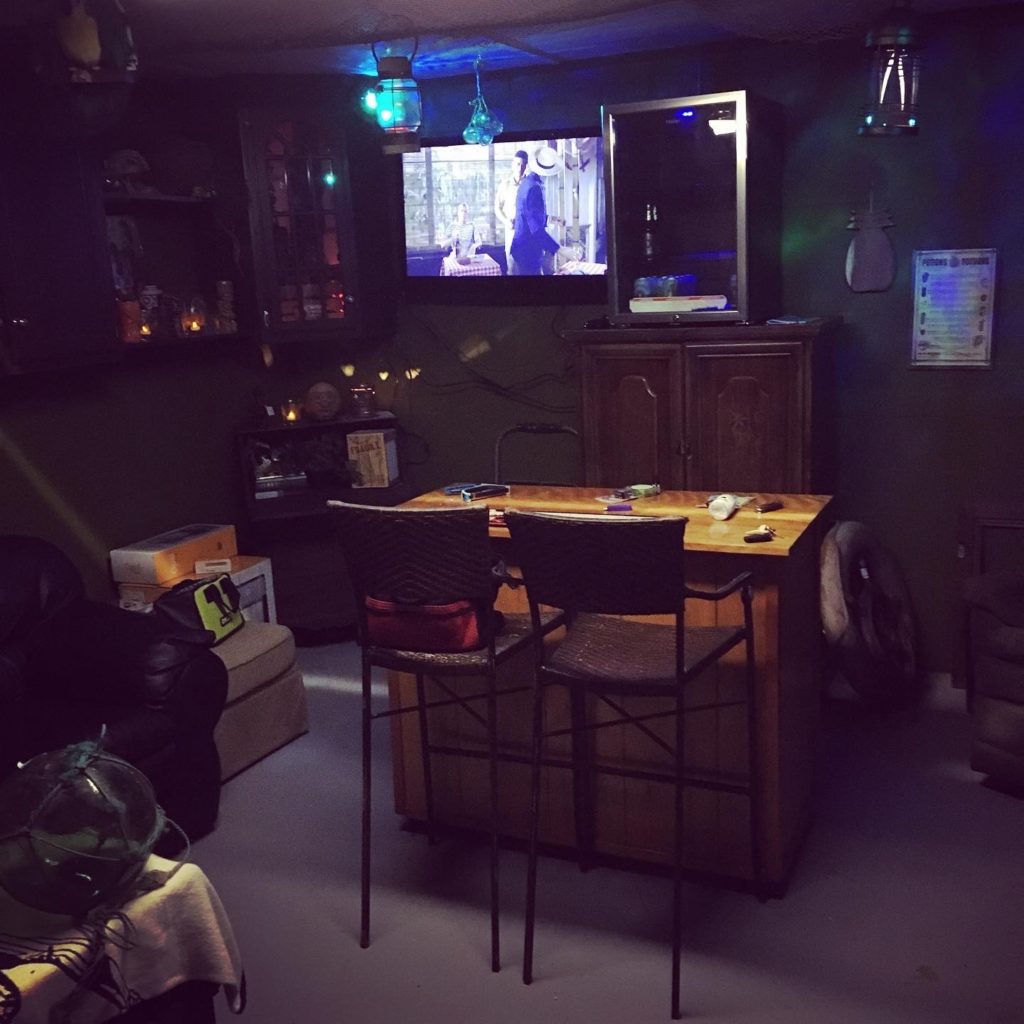During the Pacific theatre of World War II, there was a group of Allied military intelligence operatives known as the CoastWatchers. They were stationed on remote Pacific islands to observe enemy movements and rescue stranded Allied personnel. They played a significant role in the Pacific, particularly as an early warning network during the Guadalcanal campaign.

About 400 CoastWatchers served in total, mostly Australian military officers, New Zealand servicemen, Pacific Islanders or escaped Allied prisoners of war. Coastwatching stations were established in the Gilbert & Ellice Islands, Tokelau, Samoa, Fanning Island, Cook Islands, Tonga and Fiji.
The most popular event of the CoastWatchers was the saving of JFK and his crew. In 1943, JFK and 10 fellow crew members were shipwrecked after the sinking of their boat, the PT-109. An Australian CoastWatcher observed the explosion of the PT-109 when it was rammed by a Japanese destroyer. Despite US Navy crews giving up on the downed crew as a complete loss, Solomon Islander scouts Biuku Gasa & Eroni Kumana were dispatched in a dugout canoe to search for survivors. The two scouts found the men after searching for five days. Lacking paper, Kennedy scratched a message on a coconut describing the plight and position of his crew. The scouts then paddled 38 miles through Japanese held waters to deliver the message to JFK’s commander.

The Coastwatchers’ Club was a club founded by the CoastWatchers, as a place for all of the CoastWatchers to relax and escape the war while they were not on watch, unlike other clubs that were usually just for officers. Local rums were served to CoastWatchers while musicians played what few instruments they had. The local islanders would also bring their instruments and share in the comradery at the clubs. Most of the stations throughout the Pacific had a Coastwatchers’ Club, usually built with local materials to blend in with the surroundings.

One of the founders of the CoastWatchers’ Club was Edward Krause, a Gunner’s Mate on the PT-480 RAM IT. He was rescued by a group of CoastWatchers after his ship was attacked and he was taken prisoner. He was then ordered to stay on with the CoastWatchers in Fiji as a liaison. He came up with the idea for the CoastWatchers’ Club with some local Fijians, and the word spread to other locations who then built their own. The Solomon Islands club is known where JFK shared a drink with Biuku & Eroni, his two saviors.
After the war, some of the Allied officers took the CoastWatchers’ Club concept back home to Naval bases in places like Hawaii & San Diego, or back to Australia & New Zealand. Every club is different, but the concept stayed the same as a place to escape the world and be accepting of everyone. Tributes to past CoastWatchers can be seen throughout these clubs, especially the famous Biuku Gasa & Eroni Kumana.

Today, CoastWatchers’ Club can be found across the Pacific and the United States. The newest club to open is in Daphne, AL and holds up the tradition of welcoming all who are looking for an escape. Located near Mobile Bay, this Coastwatchers’ Club is located in an area rich in naval history, known for the Battle of Mobile Bay where Admiral Farragut of the Union Navy coined the phrase “Damn the torpedoes, full speed ahead!”